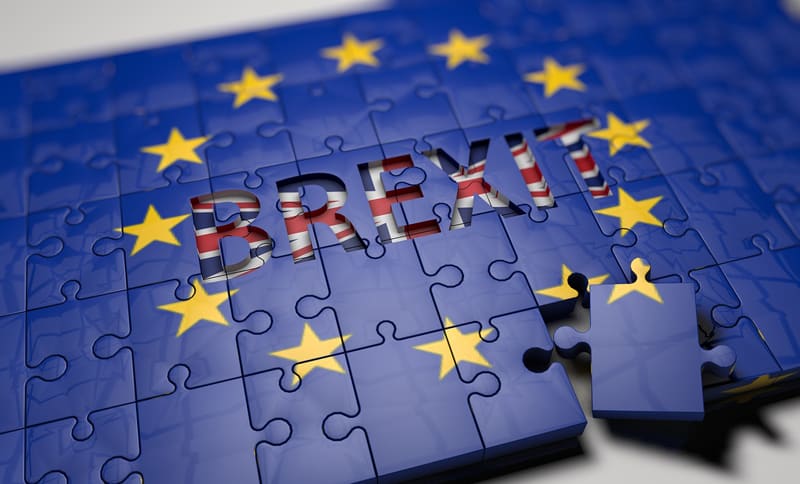Click here to get this post in PDF

During the Brexit negotiations, Tory politician and investment European Research Group (ERG) chairman Jacob Rees-Mogg has emerged as an unlikely champion for the working class in the UK.
However, there’s an argument that his support for Brexit is linked to his co-ownership of an investment firm, which could profit directly from growth in the emerging markets in the event of a no-deal withdrawal. According to a Channel 4 report, Rees-Mogg has already earned £7 million from this association since the Brexit vote, although it should be noted that the 15% shareholder suggested that this figure had been “invented’.
Rees-Mogg would not be alone if he had profited from the uncertainty created by Brexit, however, while there’s no doubt that others will be looking to leverage a no-deal exit to generate huge cash returns. But how is this possible, and what trades would offer potential returns to investors in a post-Brexit landscape?
Understanding the Financial Market and the Impact of Brexit
To begin with, it’s important to understand the underlying nature of the financial markets, particularly in terms of their response to macroeconomic and geopolitical events.
In simple terms, the value of assets will either rise or fall in the wake of Brexit, depending on the nature of the UK’s exit and the response of the economy. If economists are correct and the UK will experience minor and short-term economic disruption, for example, the pound and British shares will experience a temporary decline before rebounding in the near-term.
If a no-deal exit were to trigger sustained disruption and cause GDP to shrink by 8%, however, these assets will lose considerable value while global economic climate also become increasingly volatile.
The way in which you profit will also vary depending on the underlying nature of your chosen assets, with derivative options like currency offering an immediate opportunity for investors to profit in either scenario by hedging against the pound.
If you intend to assume ownership of gold or stocks, however, this may only prove profitable investors with a long-term strategy, as you’ll need to retain these assets until their value has rebounded.
How Will Traders Profit Directly from Brexit?
After Parliament voted decisively against the no-deal exit earlier this week, it was interesting to note that trading platform Oanda reported a considerable hike in the value of the pound.
This offers an insight into how the pound would react in the event of a managed or structured withdrawal from the EU that retains some form of single market access, as while the value will fall in the immediate aftermath it will quickly recover in line with the economy.
This means that investing in the pound now could pay off handsomely in the near-term, as this can then be sold for a profit once the economy has begun to recover.
On a similar note, the FTSE 100 should also rebound effectively after an initial decline, so investing in this in the aftermath of the UK’s exit should deliver gains over time.
Conversely, currency traders could leverage the immediate volatility created by Brexit by hedging against the pound, with both the US Dollar (USD) and the safe-haven Japanese Yen (JPY) likely to rise considerably in the rate against the GBP. With this in mind, backing pairings like USD/GBP and JPY/GBP could be an excellent option for day traders or those with a short-term outlook.
But what if a no-deal ensues and the global economy is adversely affected? In truth, this would make it harder for investors to profit, depending on the extent of the fall-out and the level of global dissolution that follows.
One option in this instance would be to buy gold, as this remains a secure store of wealth that’s known to see its value rise during times of economic tumult. This could provide considerable peace of mind, while offering the potential for long-term returns once some stability has been restored.
Once again, investing in the JPY/GBP pairing may also offer value in this instance, as the Yen remains one of the most robust currencies on the market and was known to appreciate by 20% during the global financial crisis.
You may also like: Golden Triangle to Play a Key Role in Post-Brexit Economy

[…] You may also like: Is Brexit Profitable for Traders […]